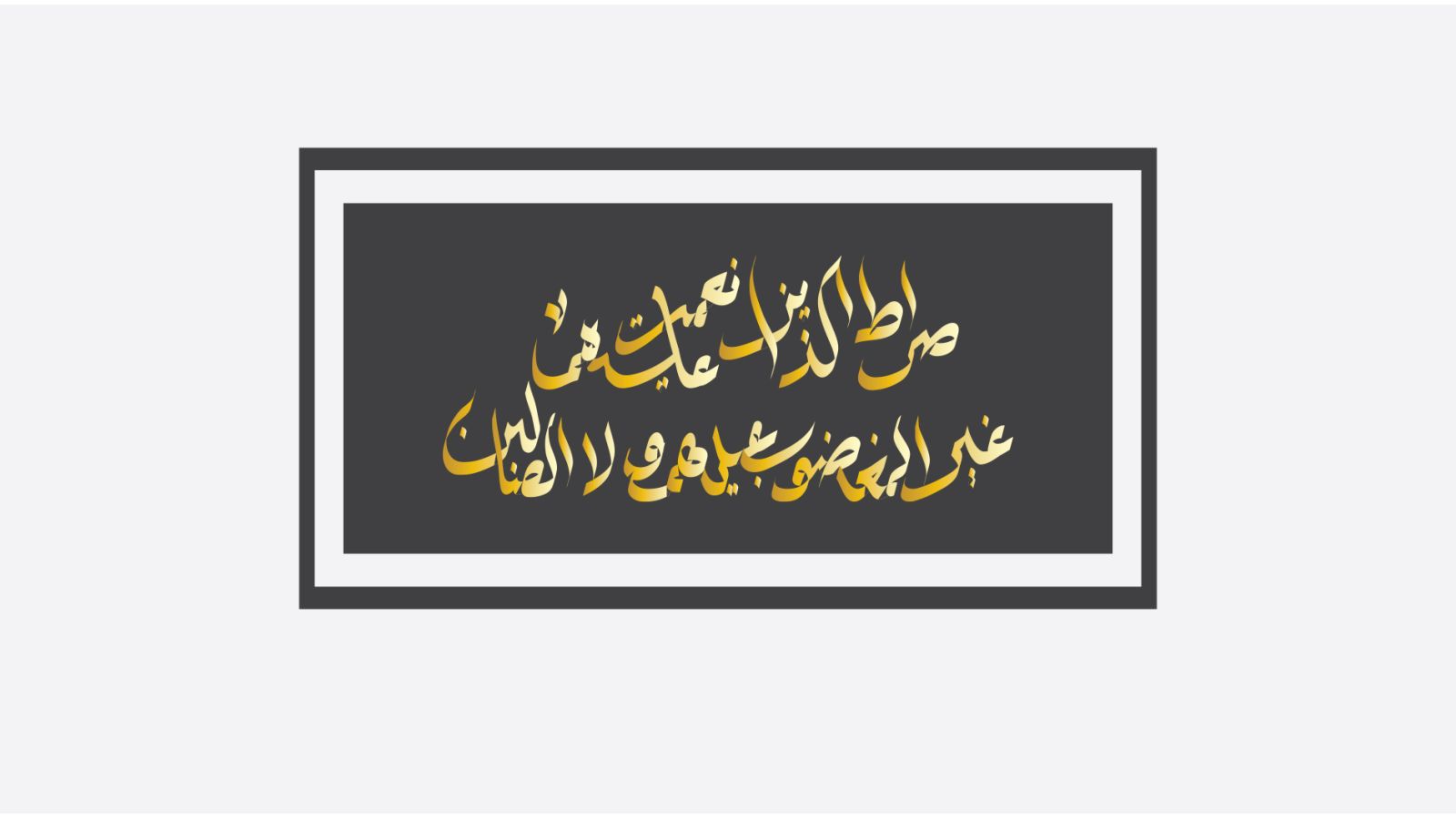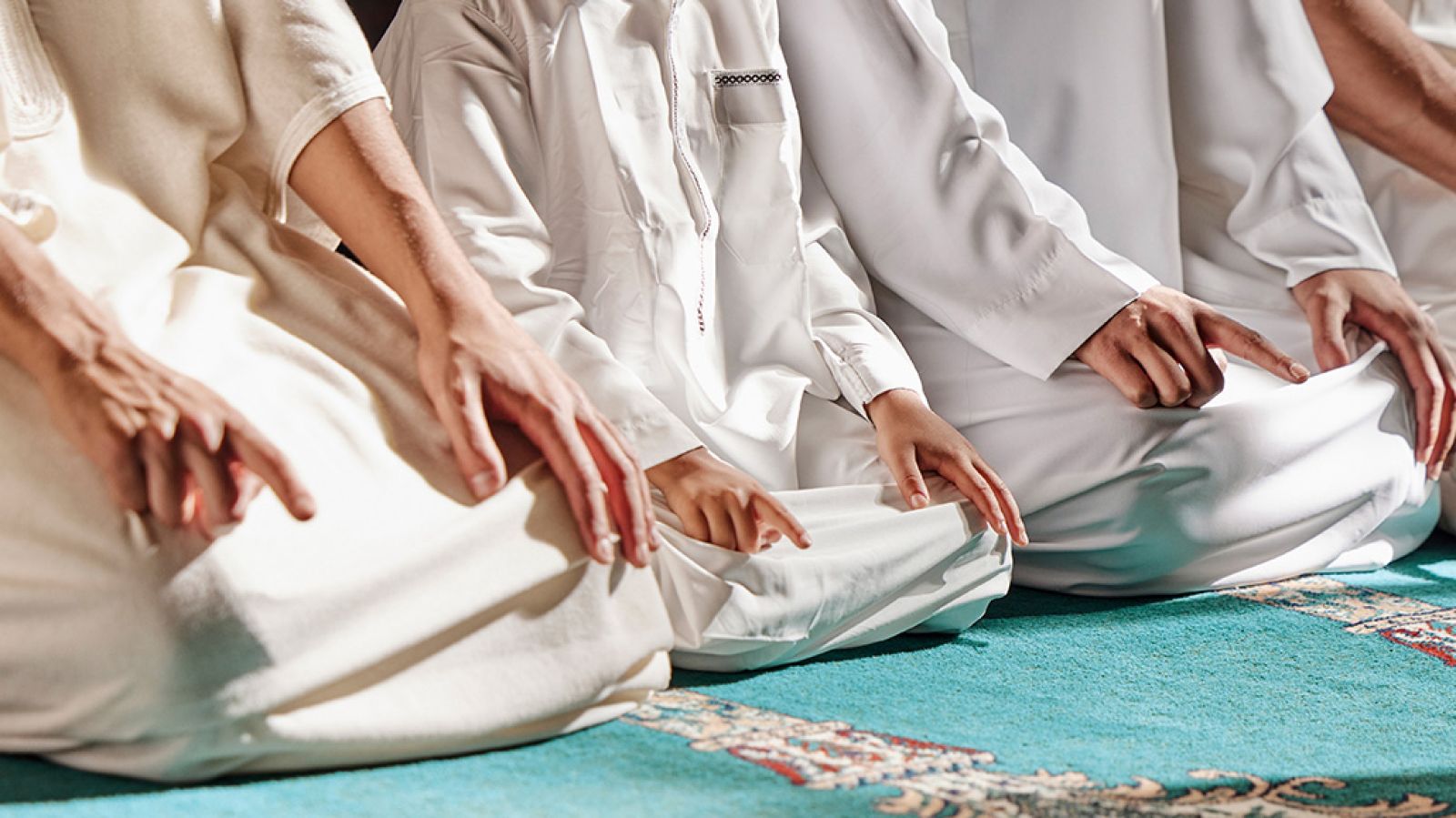Love for Your Brother What You Love for Yourself: No Envy, No Hatred
Imām Ibn Rajab


Narrated by Abū Ḥamzah Anas ibn Mālik (may Allāh be pleased with him), the servant of the Messenger of Allāh (ﷺ), said that the Prophet (ﷺ) said:
‘None of you truly has full īmān until he loves for his brother what he loves for himself.’
Narrated by al-Bukhārī and Muslim.
Imām Ibn Rajab [d. 795 AH] said in explanation of the aforementioned ḥadīth:
[In the same vein is what has been] narrated by al-Nuʿmān ibn Bashīr (may Allāh be pleased with him) that the Prophet (ﷺ) said:
‘The parable of the believers as regard the love, mercy and compassion [that exists amongst them] is like that of a single being. If one limb suffers an ailment, the rest of the body suffers in fever and wakefulness.’
This [ḥadīth] proves that a true believer is harmed by that which harms his believing brother, and is saddened by that which saddens him. Just as the ḥadīth of Anas [may Allāh be pleased with him] shows that a true believer feels happiness for that which causes happiness for his believing brother and that he sincerely desires for him the goodness that he himself aspires towards. All the aforementioned conditions occur only as a result of the complete purity of one’s chest from cheating, hatred, and envy [directed towards other believers]. For true envy stipulates the envier feeling hatred against anyone that surpasses or is equal to him in good. This is because he desires to be distinct over the people through his acts of goodness, and to set himself apart from them through it. While true īmān stipulates what is contrary to that: that all believers should [hope to] share with him in that which Allāh has granted from goodness without deficiencies of any kind. For in his Book Allāh has praised the ones who do not desire exaltedness or corruption on earth saying:
تِلْكَ الدَّارُ الْآخِرَةُ نَجْعَلُهَا لِلَّذِينَ لَا يُرِيدُونَ عُلُوًّا فِي الْأَرْضِ وَلَا فَسَادًا ۚ وَالْعَاقِبَةُ لِلْمُتَّقِينَ
‘That home of the Hereafter We assign to those who do not desire exaltedness upon the earth or corruption. And the [best] outcome is for the righteous.’
[Al-Qaṣaṣ, 28:83]
Source: Jāmiʿ al-ʿUlūm: 330
Translated by: Riyāḍ al-Kanadī

















